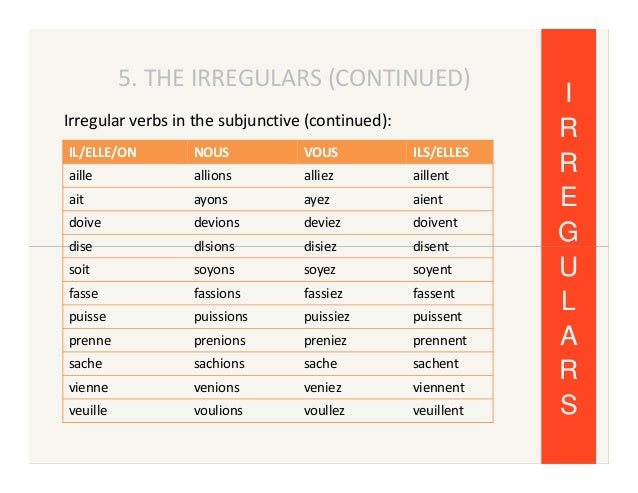
The difference between the present and aorist subjunctive is one of aspect rather than of time. It exists in three tenses only: the present, the aorist, and the perfect. The subjunctive almost always has the letters ω ( ō) or η ( ē) in the ending, for example εἴπωμεν ( eípōmen), γένηται ( génētai). The subjunctive is still used today in Modern Greek, whereas the optative has died out. For this area of meaning the imperfect and aorist indicative tenses are used in Ancient Greek. "it would be happening (but isn't)", "it would have happened (but didn't)", "I should have done it (but didn't)" etc.). However, one area for which the subjunctive is used in Latin but not in Greek is for counterfactual situations in the present or past (e.g. The two moods subjunctive and optative together cover most of the areas covered by the Latin subjunctive.

"If by chance.", "until such time as." or "before such time as." referring to a single event at an indefinite future time.(b) The potential subjunctive is used in indefinite subordinate clauses like the following, introduced by a word such as ἐάν ( eán) "if by chance" containing the particle ἄν ( án): To make negative commands ("don't be surprised!").

In deliberative questions ("what should I do?").To make 1st person suggestions ("let me say", "let's go").(a) When used in its jussive sense, the subjunctive can be used in sentences such as the following: The main uses of the subjunctive in Greek are as follows: It can be used both in the meaning "should" (the jussive subjunctive) and in the meaning "may" (the potential subjunctive). The subjunctive mood (Greek ὑποτακτική ( hupotaktikḗ) "for arranging underneath", from ὑποτάσσω ( hupotássō) "I arrange beneath") along with the indicative, optative, and imperative, is one of the four moods of the Ancient Greek verb.


 0 kommentar(er)
0 kommentar(er)
